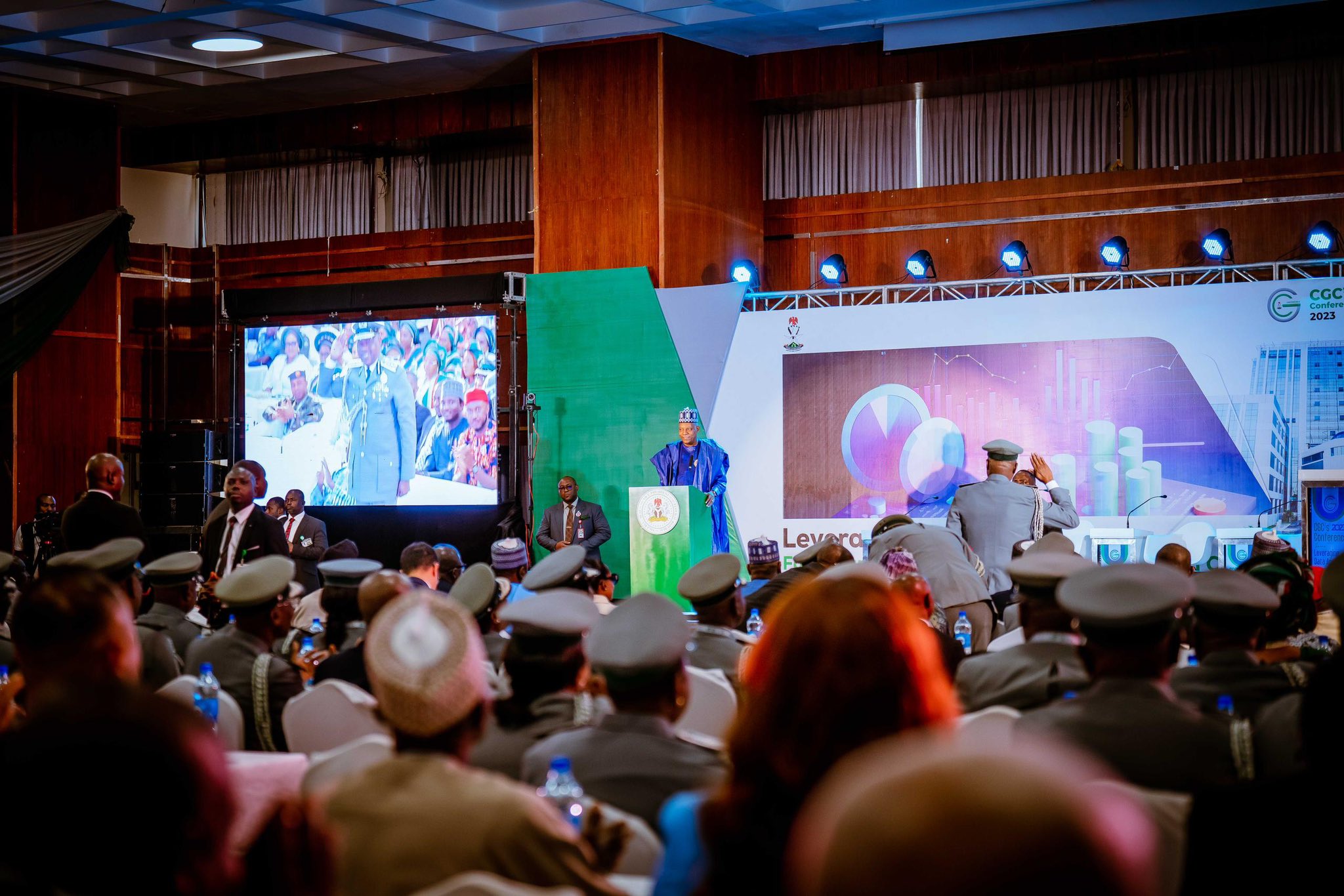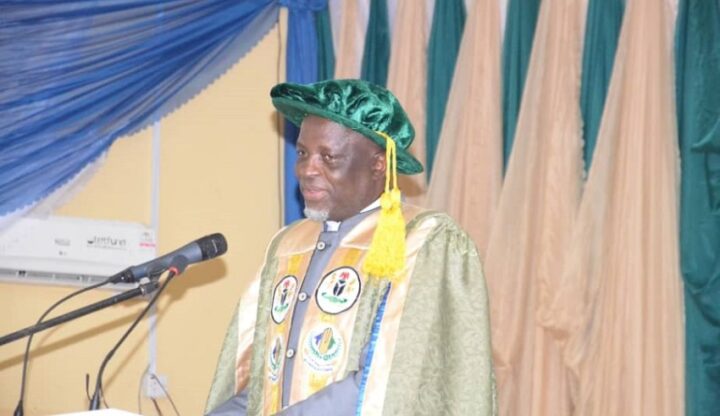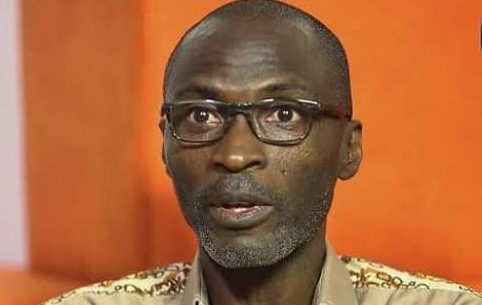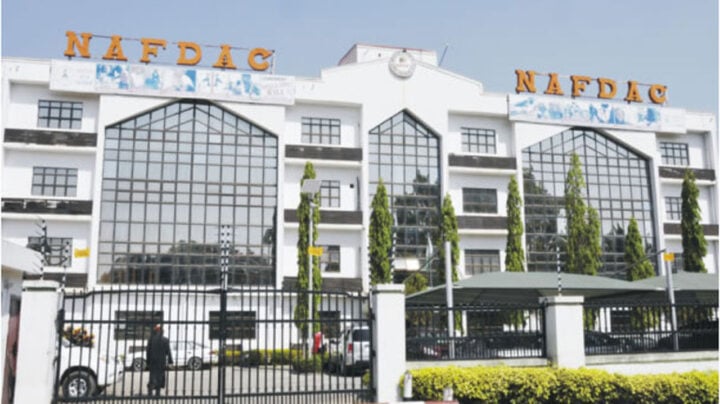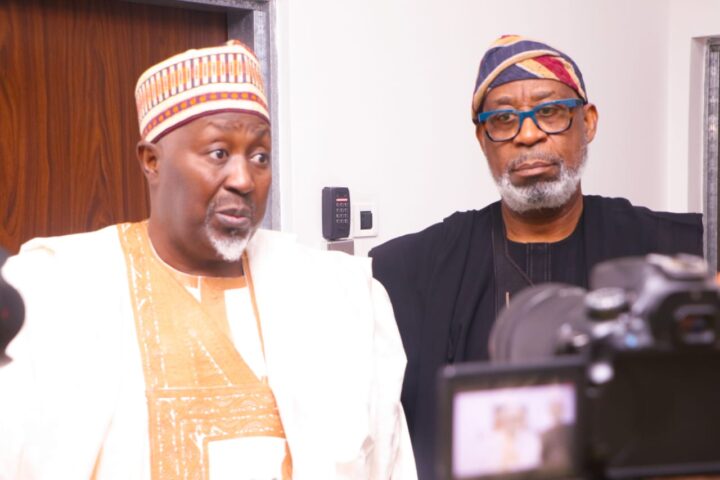Vice-President Kashim Shettima has described the absence of comprehensive data as one of the causes of inadequate policies.
Shetima spoke on Thursday at the comptroller-general of customs (CG) 2023 conference in Lagos.
The conference was themed: “Leveraging Data Analytics for Secure and Efficient Trade Facilitation in Customs Operations.”
Shettima noted that the inadequacy of data has impeded the ability of Nigeria to make informed decisions, thereby causing a circle of missed opportunities and sub-optimal outcomes.
Advertisement
“Every part of the world is at the mercy of data and everyday we are reminded of the expanding volume of data upon which our divisions must be rooted,” he said.
“Data is the life guiding the ever-evolving landscape of our modern world. It is this realisation that sounds the invaluable goal of this century that prompted Tinubu’s strategic placement of tech savvy in Nigerians critical positions in the government.
“These appointments ensures not only strategic planning but also the cultivation of Nigeria as a hub of refined minds in the global knowledge economy.
Advertisement
“We must not only commit to deploying data to make decisions within the government, but to address the historical inadequacies of Nigeria policy making often impeded by lack of comprehensive data.”
He pointed out that the current governance landscape demands transformative intervention.
“The integration of complex data to interpret the volumes of our transitions and interactions is even more needed in international trade because the dividends transcend to determination of revenues,” Shettima said.
“Data provides the sharpest links for us to connect the dots. Even in establishing the security of our borders, we can easily determine the traffic of people and goods around a specific border and share indisputable information with other nations with just a punch on our computers.”
Advertisement
Also speaking, Babajide Sanwo-Olu, governor of Lagos, said customs performs critical roles bordering on revenue collection, participation of national and international trade, as well as securing the national borders against the infiltration of the country with illegal items.
Sanwo-Olu added that the NCS would compete with other similar services globally with enhanced technology.
“For the country to achieve the N1 trillion gross domestic product (GDP) target of President Tinubu between now and 2030, the NCS must play a critical role by leveraging technology in data analysis,” Sanwo-Olu said.
Sanwo-Olu said Lagos would continue to provide the enabling environment for trade and also contribute over 70 percent revenue to the state government through the NCS.
Advertisement
Earlier, Adewale Adeniyi, the CG of customs, noted that the theme of the conference was a strategic alignment with the pressing demands of contemporaries and governance.
Adeniyi said the significance of data analytics in customs operations cannot be overstated in a time dominated by information and digital advancements.
Advertisement
He pointed out that the service is commited to using meticulous data management to improve security and trade.
“Just as Lagos will never sleep, NCS will remain sleepless until they meet their goal of integrating and streamlining their operations to international standards,” he added.
Advertisement
Add a comment
